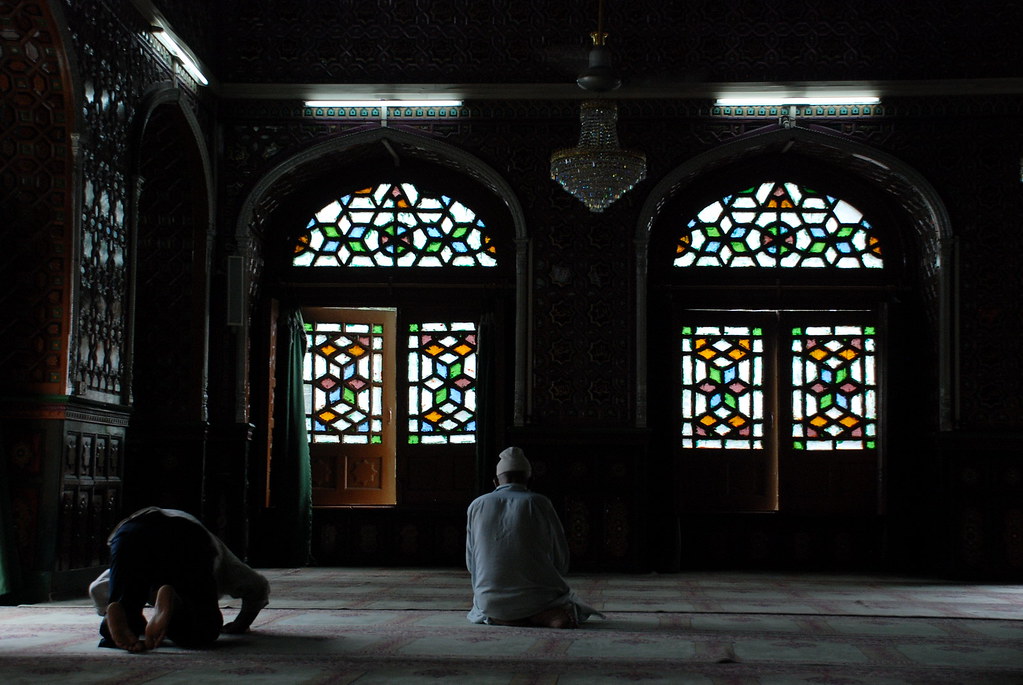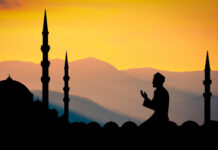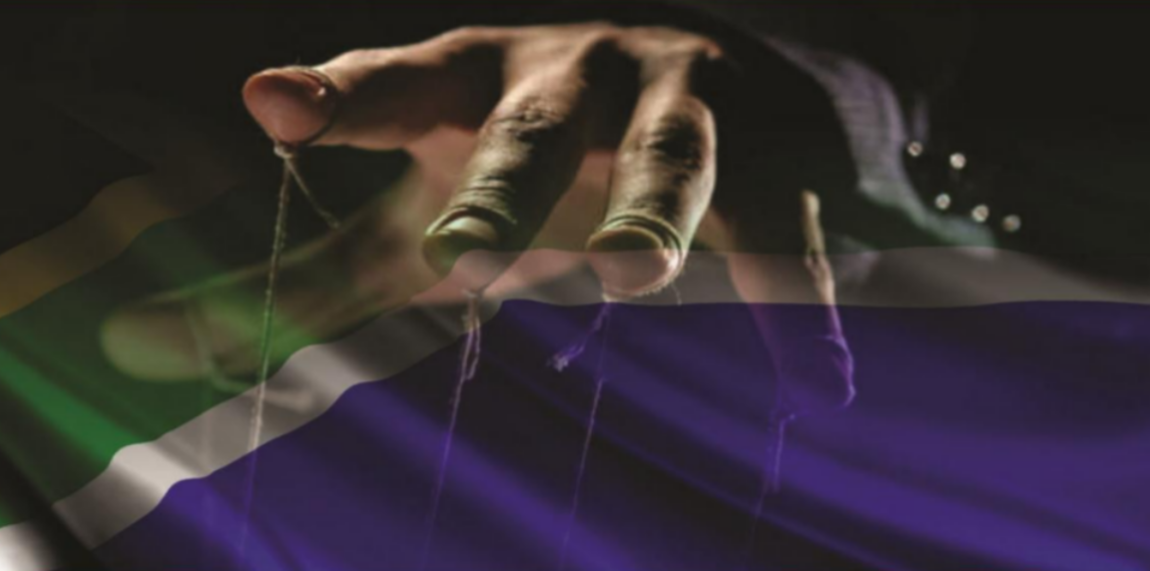COLUMN
Social justice is intrinsically linked to the Islamic faith. The Qur’an (3:104) calls on Muslims to “be a community that calls for what is good, urges what is right, and forbids what is wrong”. Social justice is about equal access to wealth, opportunities and privileges. In the South African Indian Muslim community that we belong to, social justice is lacking. SHAAZIA EBRAHIM and FATIMA MOOSA reflect on what social justice means for their community beyond Ramadan.
Battling racism in the Indian Muslim community
We had to address the elephant in the room first. The Indian Muslim community are no strangers to racism. Many have accused the community of it. Economic Freedom Fighters leader Julius Malema said in 2017: “We also want to call upon our fellow Indians here in Natal to respect Africans. They are ill-treating them worse than Afrikaners will do.” Malema continues to call on the Indian community to stop their racist treatment of black people.
In various academic papers, historians Goolam Vahed and Ashwin Desai have written about how, during apartheid, Indians were considered superior to coloured and black people even while subjected to apartheid laws. The superior mentality continues, especially in the community we write from: the Johannesburg Indian Muslim community.
It would be too easy to assume these racist beliefs are only held amongst older people who lived during apartheid and were somewhat conditioned by those laws. That’s not the reality. Young Indian Muslims are often prone to expressing ignorant and racist ideas. A common response to being labelled racist is for the person to invoke the Islamic beliefs of non-racialism. That’s not it. Instead of going for the offensive, there needs to be more reflection. We can and should do better.
Holding our community accountable for sexual violence
Speaking about sex in our community is taboo. So it follows that conversations about sexual harassment and sexual violence don’t take place either. It means that we don’t hold perpetrators of sexual violence accountable.This is exceptionally dangerous because it leaves women and children vulnerable to sexual predators.
We live in a community that continues to victim-blame or simply not believe victims. Besides that, it isn’t an environment where victims can report abuse. We also continue giving people who have been found guilty of sexual misconduct platforms to lead us. It’s a breeding ground for sexual predators.
How can we create a community that is a safe space for victims? What would it look like for a community to be void of casual sexism and misogyny? How can we hold perpetrators of sexual violence accountable? These are the important questions we need to sit with.
Overeating when 11% of the world is starving
There’s something deeply uncomfortable about sitting at a table piled high with food while one in nine people in the world are hungry. The United Nations Food and Agriculture Organisation estimated in 2016 that about 815 million people in the world were suffering from chronic undernourishment. That’s 10.7% of the entire world population. On our doorstep, 7.4 million people are hungry. This is according to the 2016 Statistics South Africa General Household Survey. The South African National Health and Nutrition Examination Survey estimated that 26% of households were going hungry and that 28.3% were at risk of hunger.
Yet, in our community, many use the month of Ramadan as an opportunity to gorge on savouries, soups, huge main meals, baked goods and desserts. We’ve been reflecting on what it means to think about justice in the way we eat. It could start with not sharing our overfilled tables on social media. Perhaps it means that we prepare less food every evening. We could donate food to orphanages and shelters (and not Instagram about it). Maybe in the month of Ramadan, we could give up some of our favourite foods. It could also mean that we eat more plants and reduce our consumption of animal-derived products. It’s up to us to figure it out.
But the way we’re doing it now is not it.
Calling your fellow Muslims to task
This Ramadan has been an interesting time for SA Indian Muslim social media. In an attempt to hold certain problematic people accountable for their racism and misogyny, Muslim Twitter’s “woke” section called them out. In some instances it became really ugly. The question that comes up is: how useful is callout and cancel culture in striving for social justice. This is something we have been grappling with.
People who understand why certain comments are racist or misogynistic speak to each other in echo chambers. Those that defend problematic comments agree with each other in echo chambers. An echo chamber is when “certain ideas, beliefs or data points are reinforced through repetition of a closed system.” In other words: when all your followers back you up because you all hold similar views. Echo chamber conversations never lead to any meaningful change.
It’s tiring engaging with racists and xenophobes and patriarchs. But striving for social justice needs to include greater accountability and sustainable challenging of toxic ideas. Engagement needs to go beyond Twitter threads and subtweets. After Ramadan, we must begin conversations about creating constructive discussions and forums to tackle these damaging ideas. Let’s carry these conversations in our homes, in schools and universities, in the mosque as well as online.
Recognising that we have problems with racism, misogyny and overconsumption, the need to create change is overwhelming. Social justice is one of the fundamental values of our religion. Let’s immerse ourselves in finding ways to be better individually, but also collectively.









